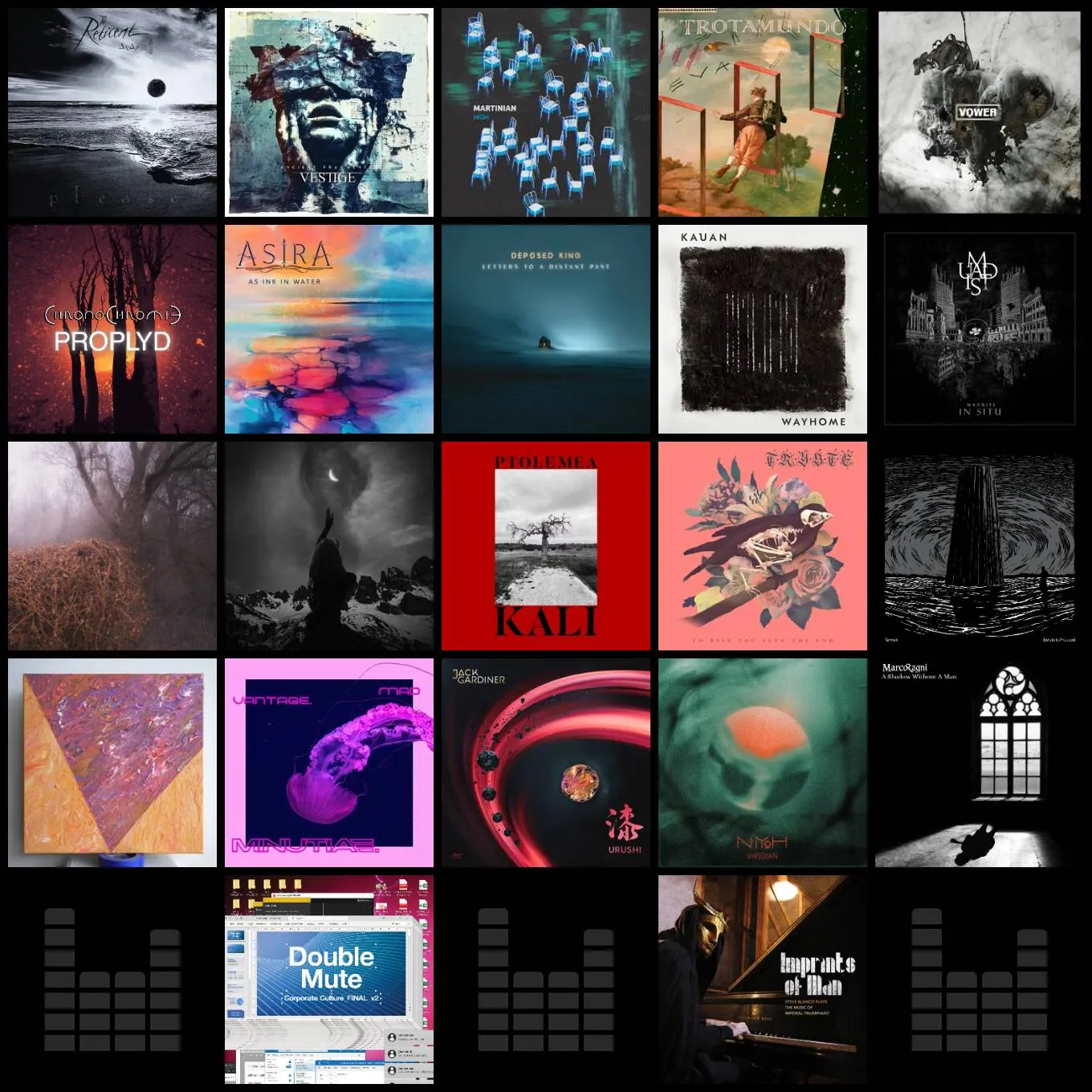
Arkona – Kob’
Arkona is one of the most unique, compelling and incomparable groups I’ve encountered on my journey through the various directions that metal and progressive music can offer. With a long history of writing folk-pagan metal and a change of direction towards black metal territory over the last decade, they’ve invested their efforts in some of the genres I find myself least compatible with, and yet somehow managed to climb their way to the list of my top favourite currently active bands. What I mean by ‘incomparable’ isn’t necessarily that they’re ‘the best’ band out there (a concept I no longer believe in) but rather that I struggle to draw parallels or find similarities easily between Arkona and any other bands. Yes, they have a folk metal background, but I wouldn’t feel right comparing them to bands like Eluveitie or Korpiklaani. And since 2013’s release of “Yav”, their first black metal release, I’ve never once felt compelled to place them aside Darkthrone, Mayhem or Dimmu Borgir. I’m not saying that no similarities can be found, since the genre choices themselves imply such similarities in writing approach or sound production, but rather that throwing out these names wouldn’t give you much insight into the experience of actually sitting through an Arkona album. In fact, that is probably something you can only discover by listening to them yourself. But I do aim, with this review, to try and spotlight some of the traits that make the Russian group’s latest offering, “Kob”, a monumental artistic effort that is truly worth your time.
Arkona – Kob’
2018’s “Khram” remained my personal favourite black metal influenced album to date and up until now, I haven’t found another that would claim that throne. So naturally, since news of “Kob” came to light, I was curious whether their previous behemoth of ritualistic grandeur now had its throne under threat. Will Arkona keep evolving, or will the new album be a disappointment? A few listens in, that question also seems irrelevant. It seems with every new album, Arkona redefine themselves, and despite building on their previous creative work, each new release is a work of its own that should be experienced without prejudice and expectation. I discovered this because my first audition of “Kob” felt somewhat disappointing, and I needed some patience to let the album sink in. It turns out that at least 2 full listens were needed only to throw away the expectations I had due to “Khram” and to really let this album paint its canvas of misery on a clean slate. What’s up with that gruesome metaphor you ask? Well, it turns out that both musically and conceptually, this is Arkona’s latest album to date.
If we are to believe the band, Kob’ represents a spell leading all of humanity towards its inevitable demise. The concept feels nihilistic and misanthropic to the core, and I was initially put off by reading it. Similarly, the first audition through the album didn’t do much for me. It felt too dark and monotone, and certainly a very challenging listen. The raw, black metal production also made it difficult to extract much from the sound at first glance. But I’ve been in the world long enough to know you don’t draw conclusions on a creation this massive after just one listen. The truth is that a trained ear will start picking apart the nuances, details and intricacies in the composition through repeated listens, each allowing you to find depth to the music. So, if I were to write a “Kob” user manual, my first instruction would be “Do not jump to conclusions”. It would then be followed by “get a good sound system” and “Experiment with it”.
But let’s get into the details. Saying that this album has a black metal sound is nowhere near enough to describe it. Yes, it has dirty guitars, screams, blast beats and creepy vibes, but the artistry is rather in how they are put together. In every song, the band presents itself as a unit. The drums create a stable structure, the bass and guitars use a phenomenal interplay of roaring riffs and gut-wrenching melodies and the vocal delivery merges with the wall of sound in a truly hypnotic way, allowing you to be fully sucked in by the atmosphere. It creates a fantastic surround sound, especially if you listen in headphones and the deep, permeating atmosphere it creates can have you completely lose track of your surroundings.
Arkona – Mor
I was very pleasantly surprised to find out that Kévin Paradis, a French technical death metal drummer recorded this album. I’ve heard some of his work before and was never disappointed. Despite the obvious black metal approach to this record, his death metal skills are also put on display, particularly in the way he can keep a constant flow throughout the songs with use of transitions and linking rhythmic patterns together beautifully. Despite the album relying heavily on blasting, and a massive requirement for endurance in the drum performance, he also shows a lot of versatility in playing with grooves, progressive sections and build-ups. Most songs take their time, growing from a menacing atmospheric intro all the way to a full-blown wall of sound, and the drums play a huge part in this evolutionary effect, gradually cramming more strums and fills into the rhythm before planting into the double bass pedals and subsequently switching to blast beat. I must specifically point out his delivery on the ritualistic middle section on ‘Ydi’ where his delivery sounds almost tribal, and in the intro to ‘Ugasaya’, where he can actually sound delicate on the drums. The guitar riffs are very noisy, raw, and often using dissonant, screeching high-pitched chords, but these are cleverly alternated with a heavy but very skillfully written melody built into the relentless riffage. This conveys a sense of fluidity to the songs, which allows the listener to stay connected throughout the massive song-lengths revolving around the 10-minute mark. A closer ear will also show that despite the murky texture of the guitar and bass, they are quite well differentiated in the mix and you can often tell apart the guitar roaring in a higher register while the bass rumbles in really low tones with a less distorted and more thunderous effect. Bassist Ruslan “Kniaz” also gets a spotlight-moment in the intro to ‘Ugasaya’ where the bass takes hold of the melodic duties while the rest of the band sets the groove and atmosphere. And while Sergei “Lazar” ’s guitar delivery is almost entirely riff-driven (exception being some acoustic parts in ‘Mor’), we also get an actual guitar solo on ‘Ydi’, thanks to the guest performance of A. Thanatos, guitarist of Thanatomass.
Switching from the instrumental performances to the vocal delivery and overall ambiance of the album we have Masha “Scream”, delivering a lot of what makes up this album’s character. Her vocal delivery is one of the most versatile and creative I’ve ever heard, being able to cover harsh vocals from high-pitched screaming to raw, animalistic growls and she can also often sound like a creature of the forest by delivering a shouting and howling edge to the screams. Echo effects and layers elevate this primal effect to a higher level of authenticity and credibility, which sets a feral and often tormented tone to the music. The clean singing delivery is often layered and relying on long notes that rather have an atmospheric effect than a spotlighted ‘singer’ delivery. Other than ‘Ugasaya’, most songs keep the clean singing shrouded in a veil of effects, layers and atmospheric keyboard wizardry that only enhances the ritualistic aura rather than spotlighting the voice. However, her singing voice does shine in the forefront on a couple of moments, particularly on ‘Ugasaya’, the most clean-vocal driven song on the album and on ‘Na Zakate Bagrovogo Solntsa’ where here vibrato-driven folk-metal voice makes a brief return. Despite the black metal context, I must admit that this moment has a beautifully nostalgic effect. Furthermore, we see her setting the stage for the album opening and closing with eerie incantations and we get a shrieky chanting moment in ‘Ydi’ that I never get enough of.
Arkona – Ugasaya
But what I think makes the various vocal styles work so well is that they were clearly thought through along-side the instruments as an integral part of the album. The riffs and drums feel so permeating due to the atmosphere created by the vocal layers and the vocal delivery feels relentless and powerful by building on the massive wall of sound provided by the instruments. The interplay and connectivity between all the elements that go together is what makes every element on its own seem much larger and more impactful than any delivery on its own. The feeling of unity in this album is further enhanced by the bridges of whispered incantations and distant voices connecting the songs without a second of total silence throughout the duration of the album.
If I were to point out any negatives to “Kob”, it’s that it is without a doubt, Arkona’s most difficult album to listen to, and many people will likely not have the patience to properly digest it before reaching their conclusions. Another would be that despite its uniqueness in atmosphere, sound and concept, it feels a bit like a reiteration of “Khram” from a structural standpoint, being framed between two incantations that open and close the album and placing a piano section in the same place on the album (intro of the last song). I have yet to understand whether this similarity in structure indicates any connection between the albums, but if it doesn’t then the repetition to the structural approach seems to me a bit uninspired and making the album feel a bit predictable, which doesn’t connect well with the monumental scale of the actual creation. But these criticisms are not representative of the overall work, which I personally believe should be treated seriously, with patience and the utmost respect! Arkona remain unmatched in their craft of the dark arts, and their latest offering is a true feast of misanthropic majesty.
Track List:
-
- Izrechenie. Nachalo (04:19)
- Kob’ (07:14)
- Ydi (11:48)
- Ugasay (09:07)
- Mor (09:41)
- Na zakate bagrovogo solntsa (09:03)
- Razryvaya plot’ ot bezyskhodnosti bytiya (07:13)
- Izrechenie. Iskhod (02:06)
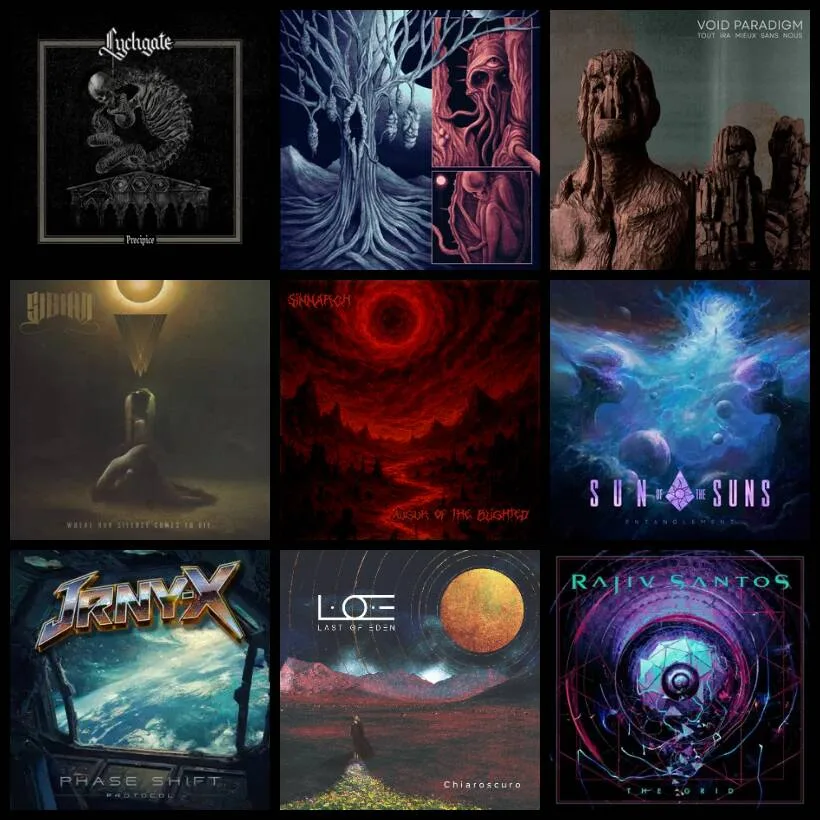
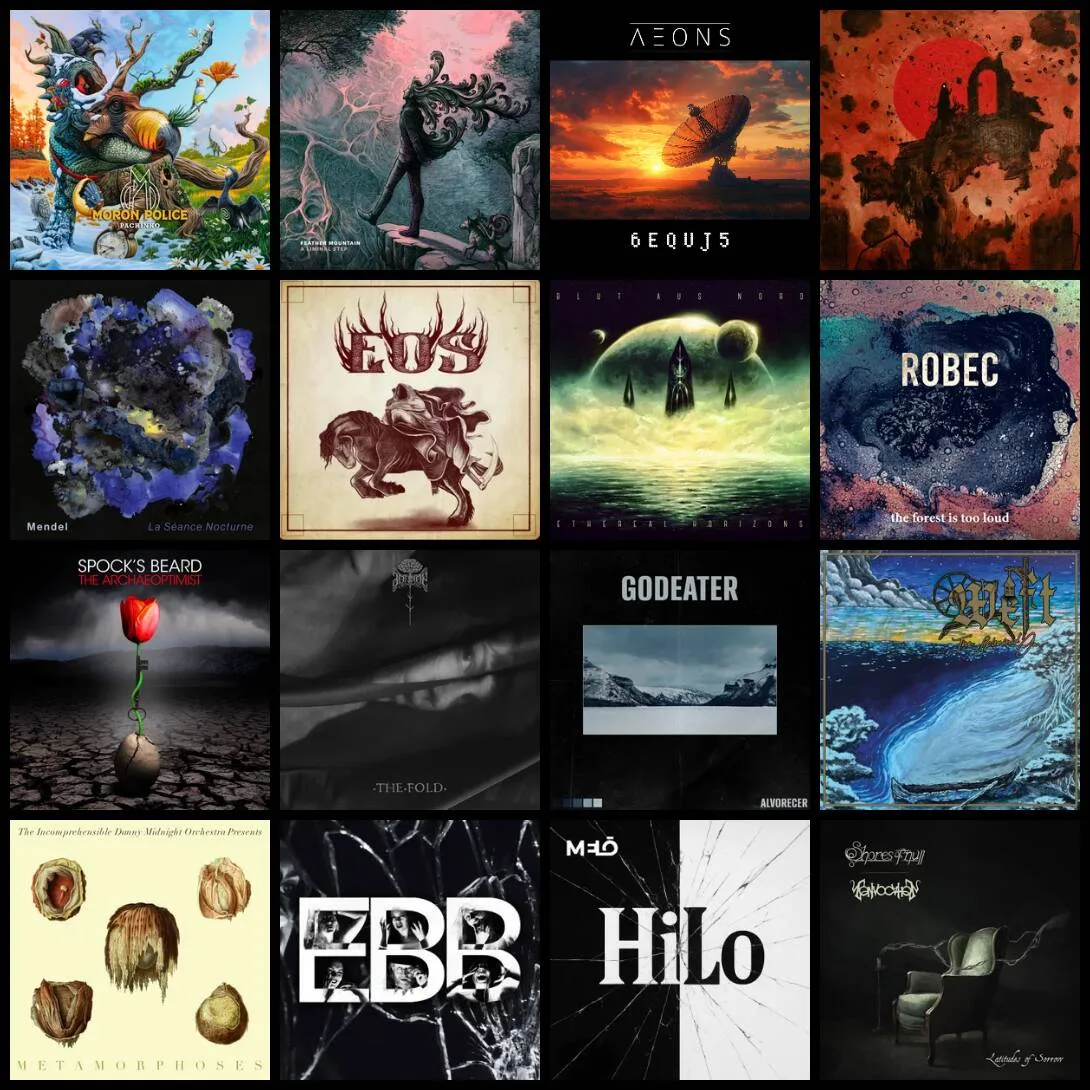
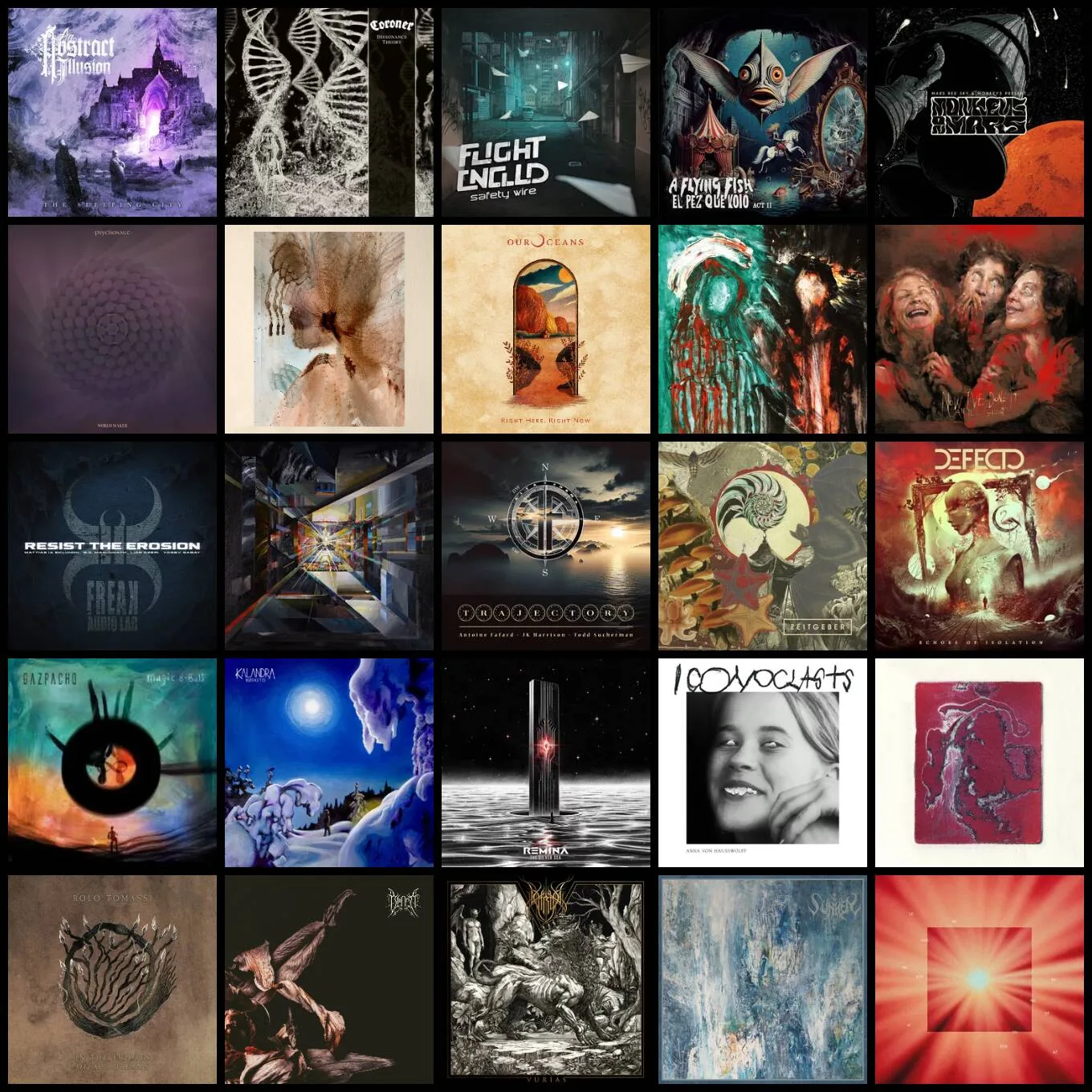
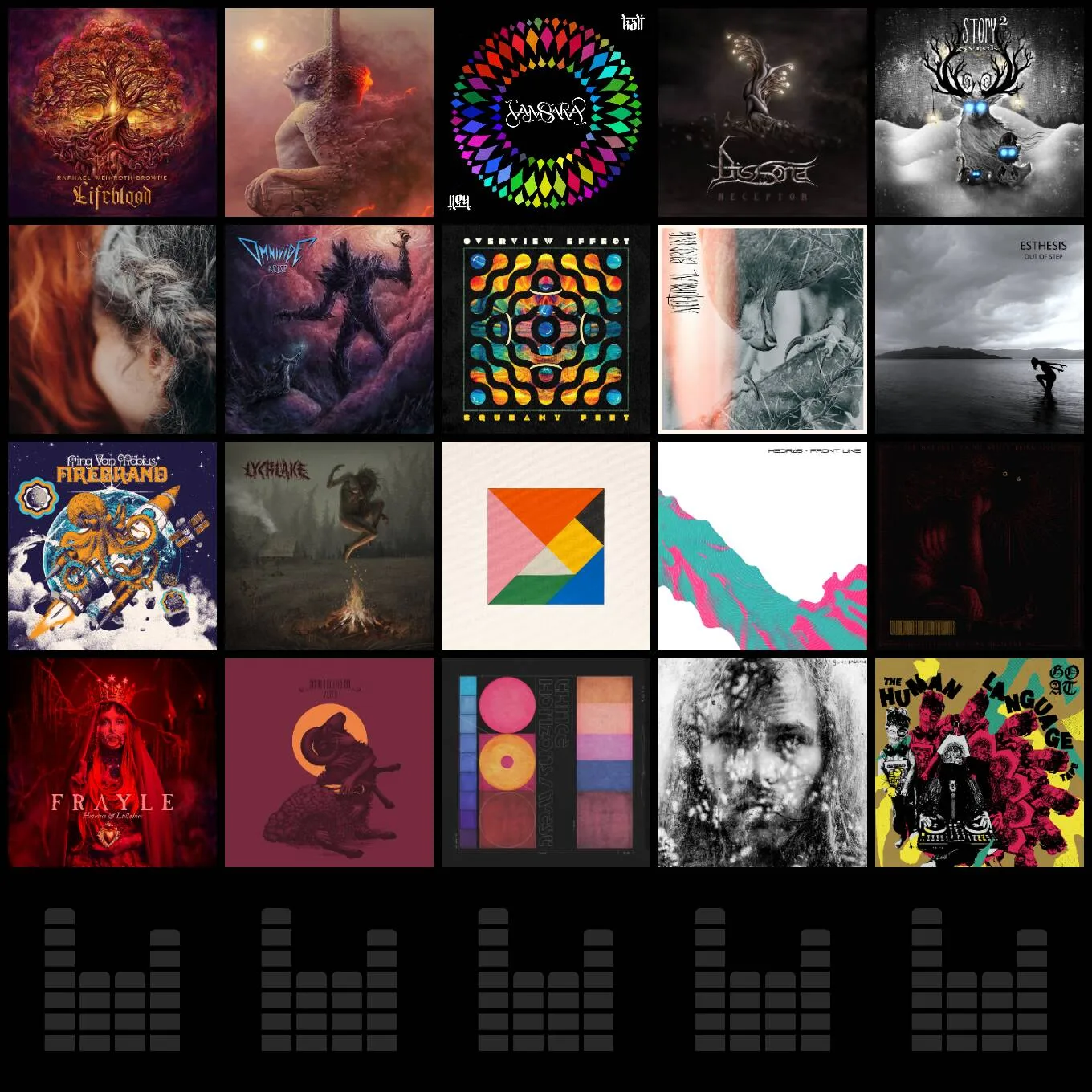

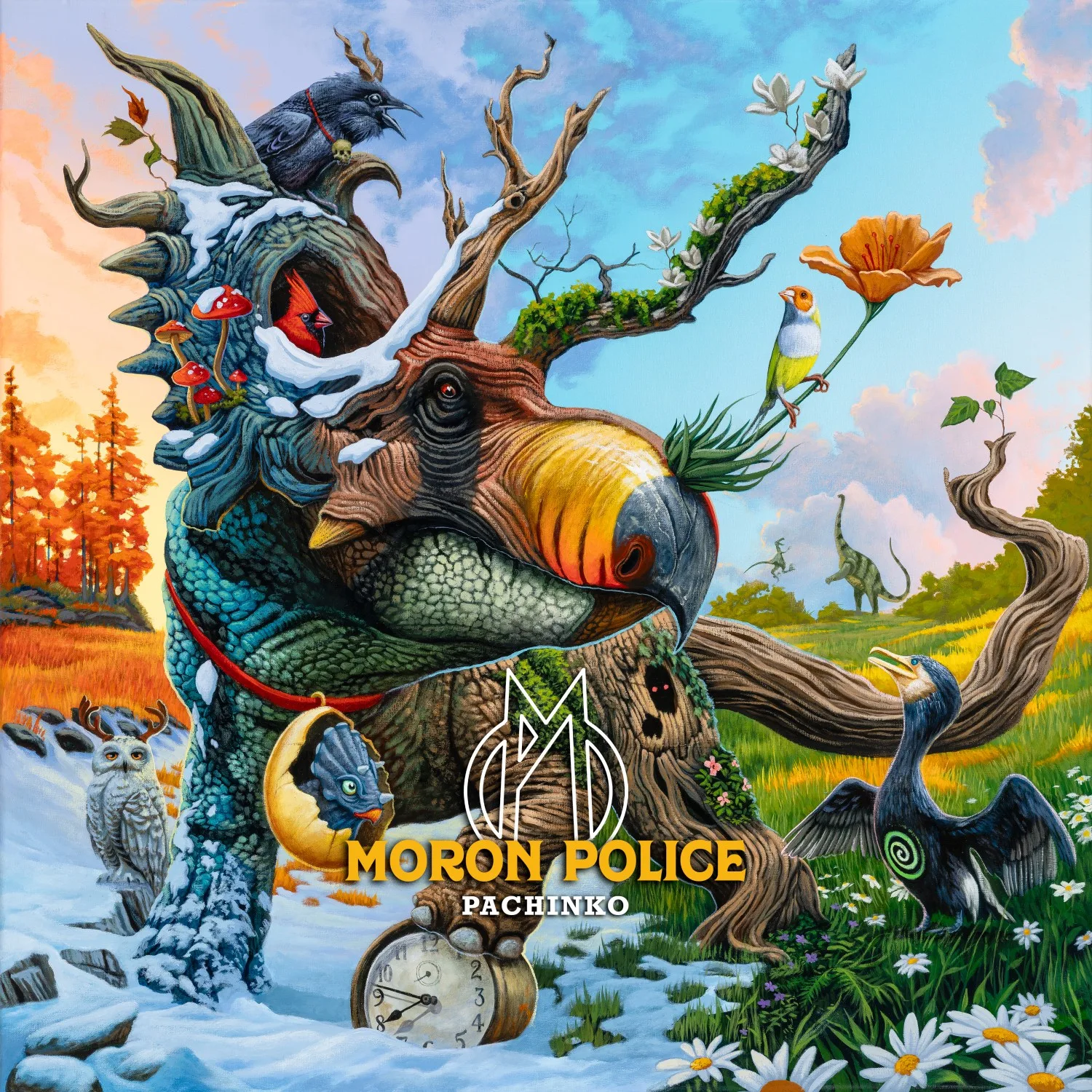
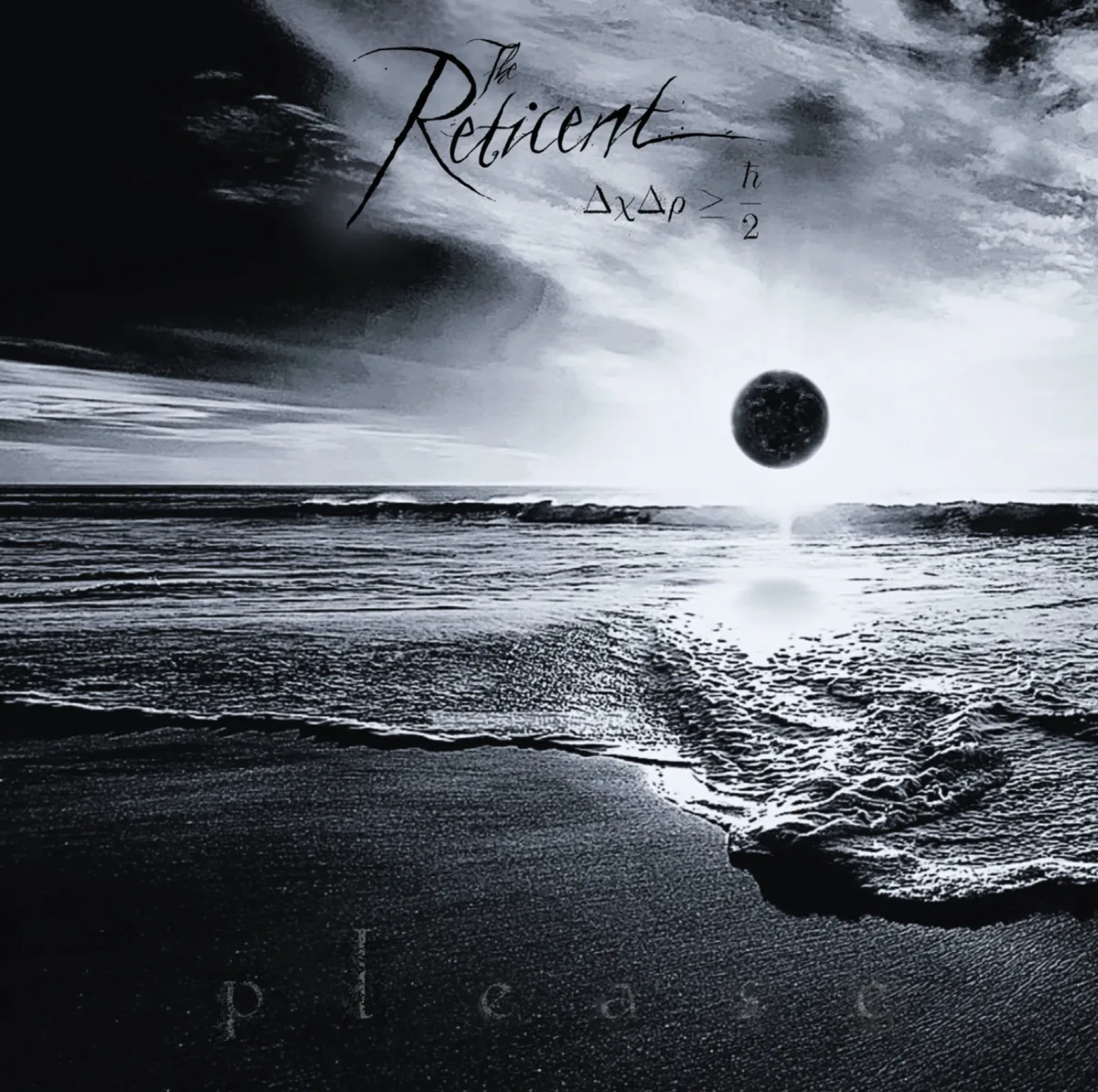
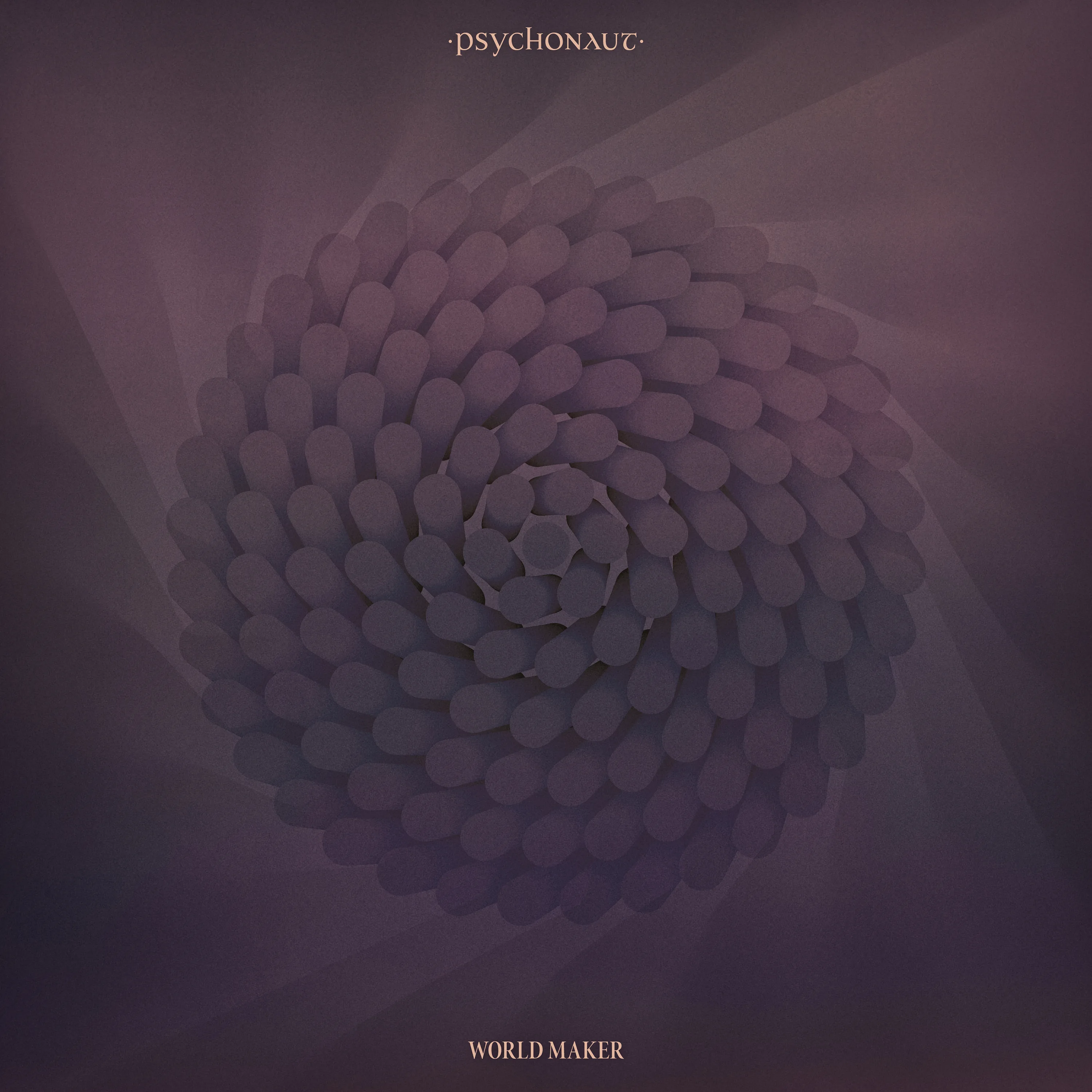
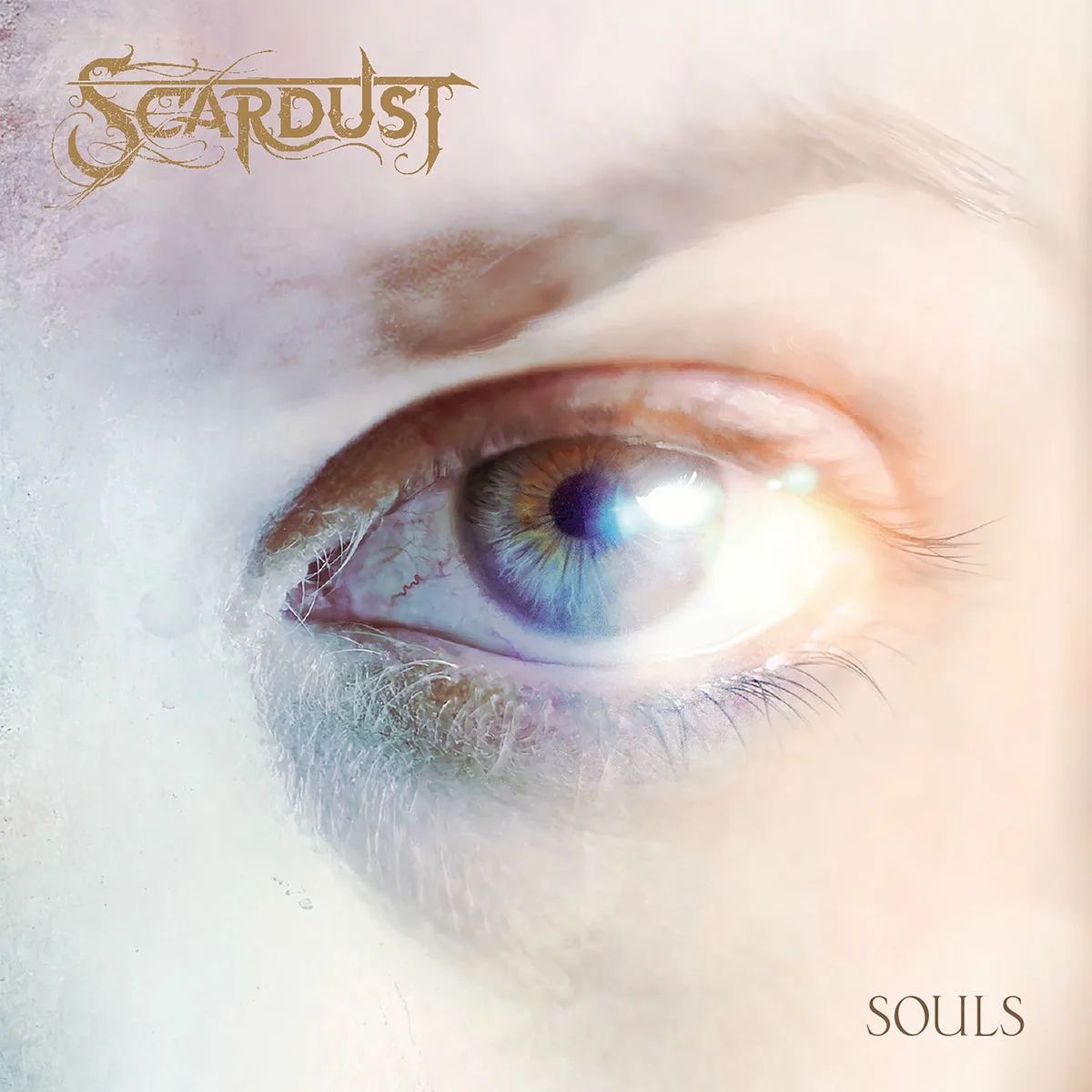

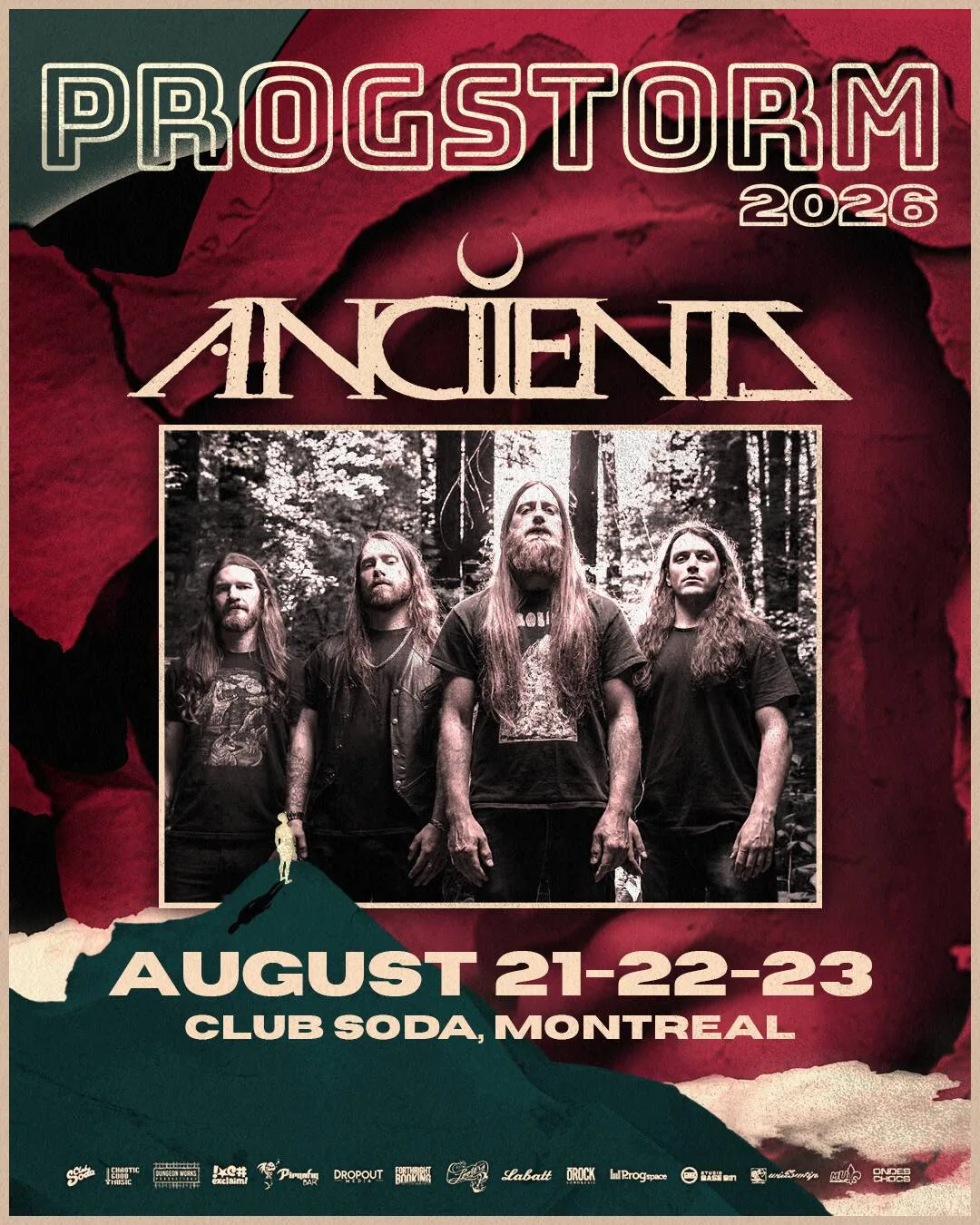


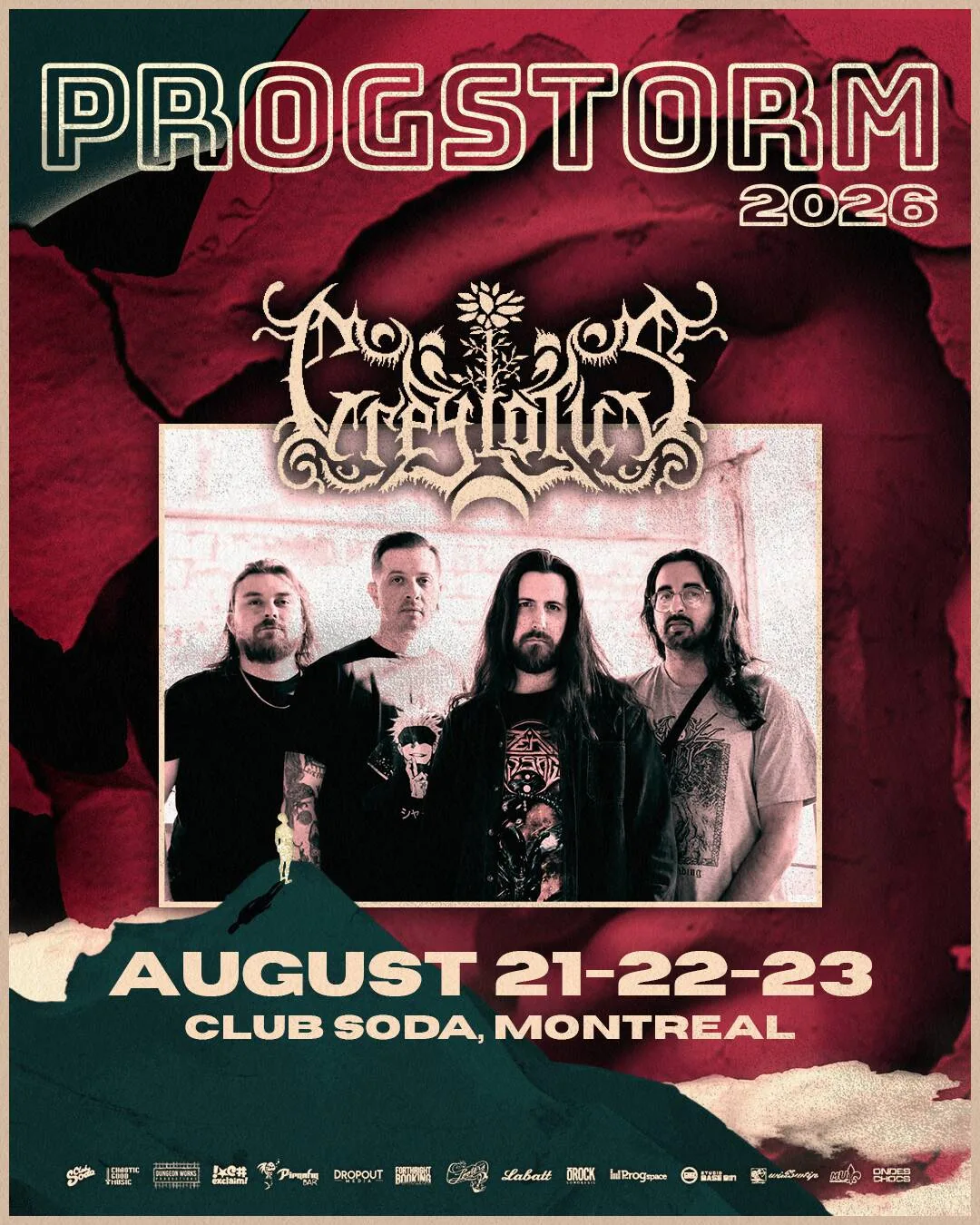

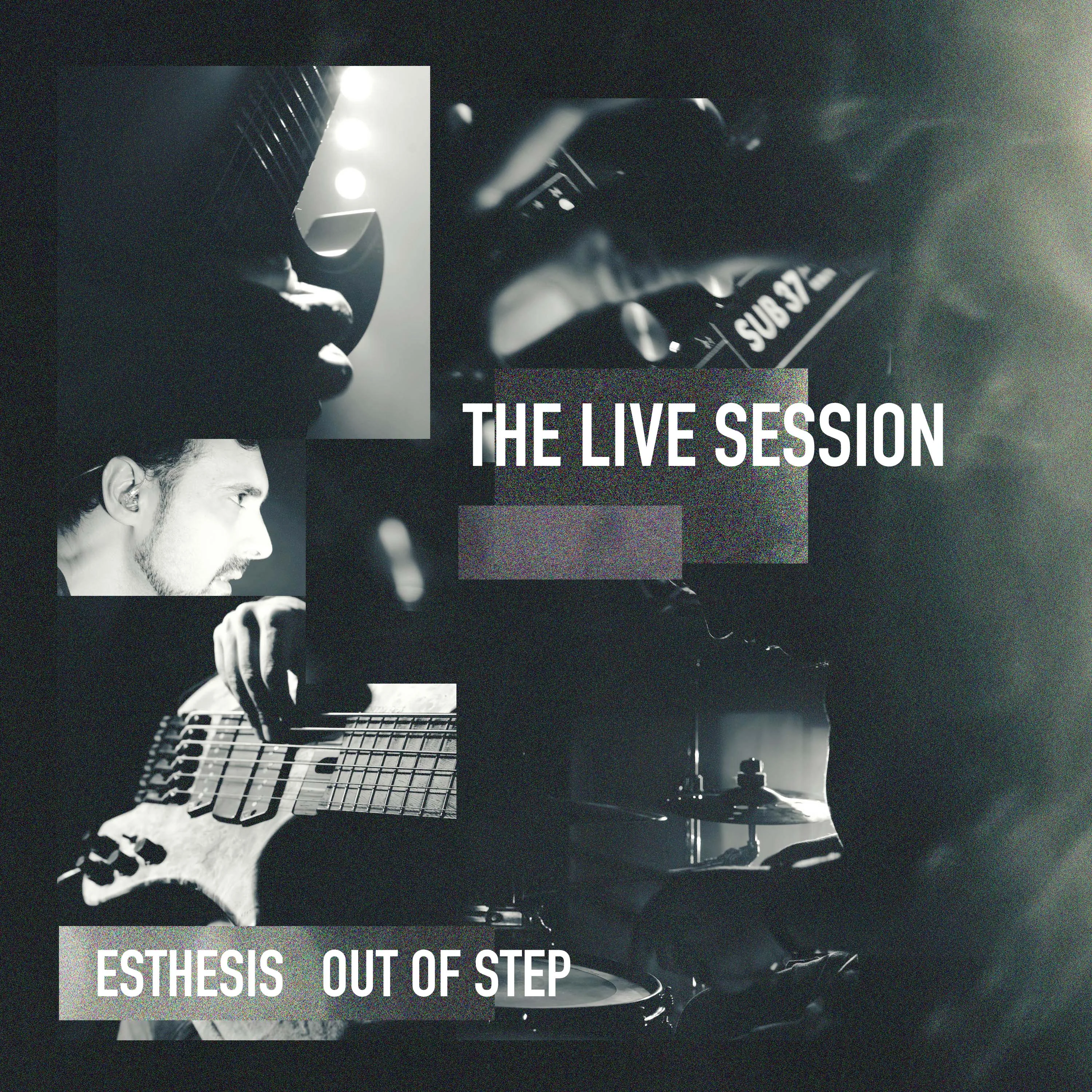
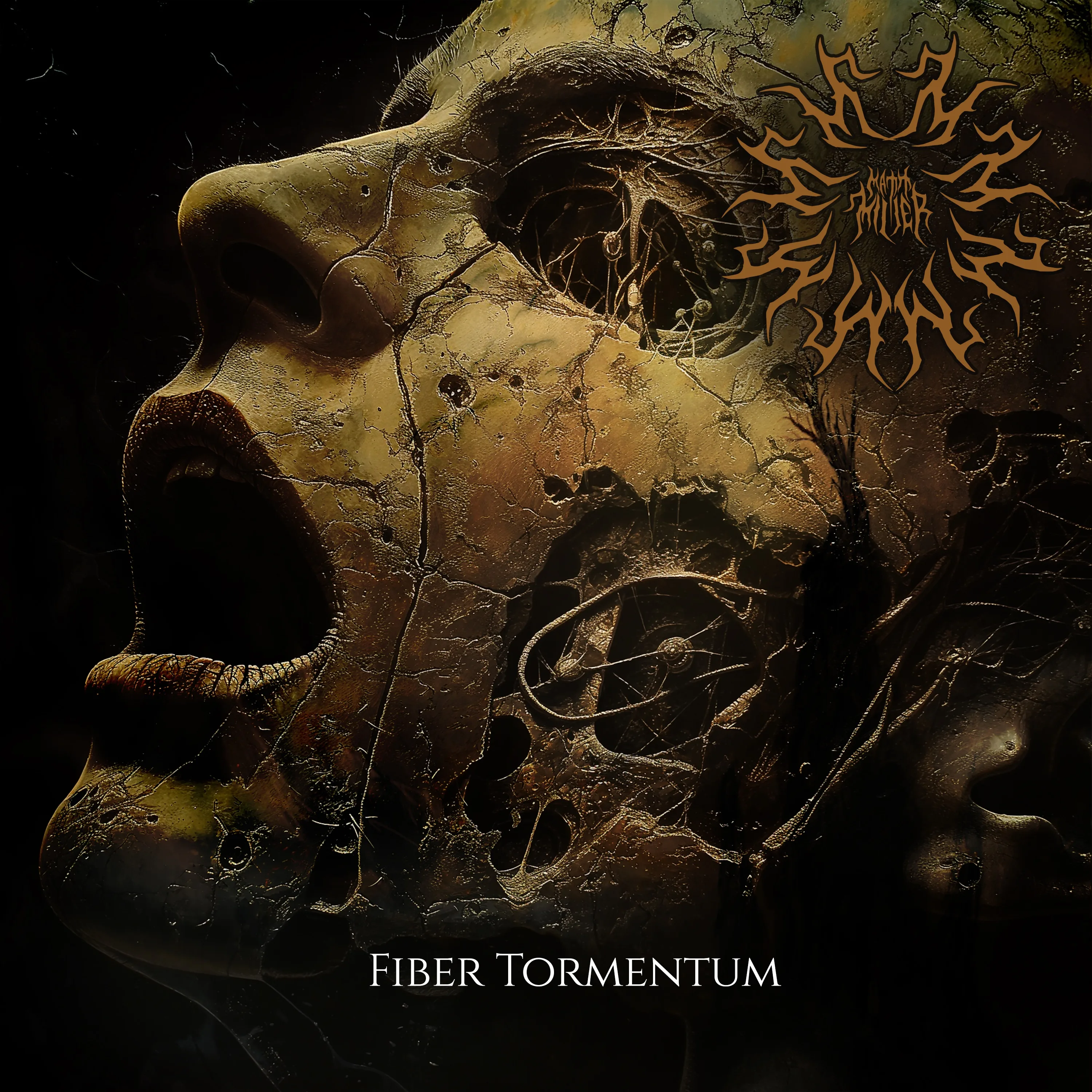
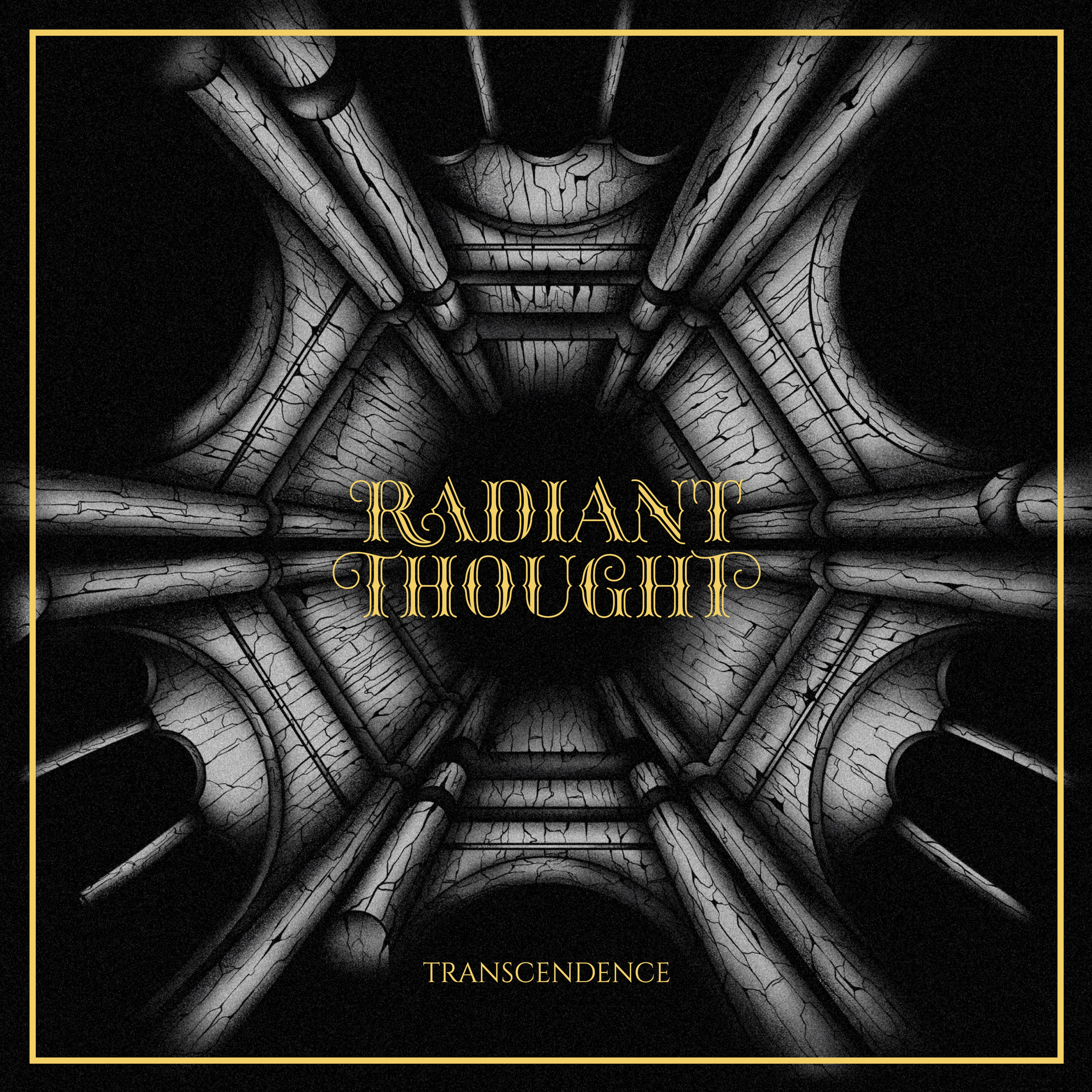
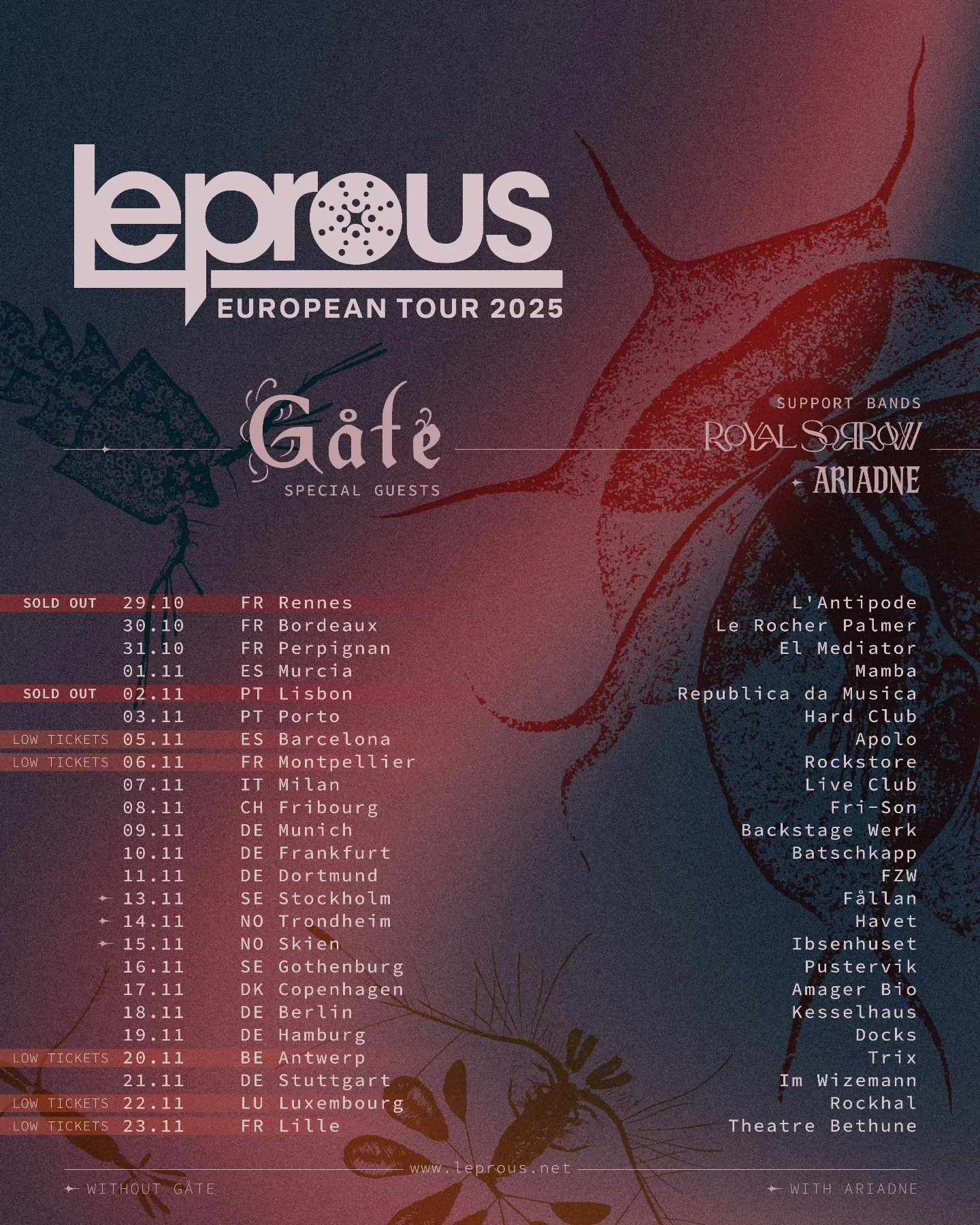
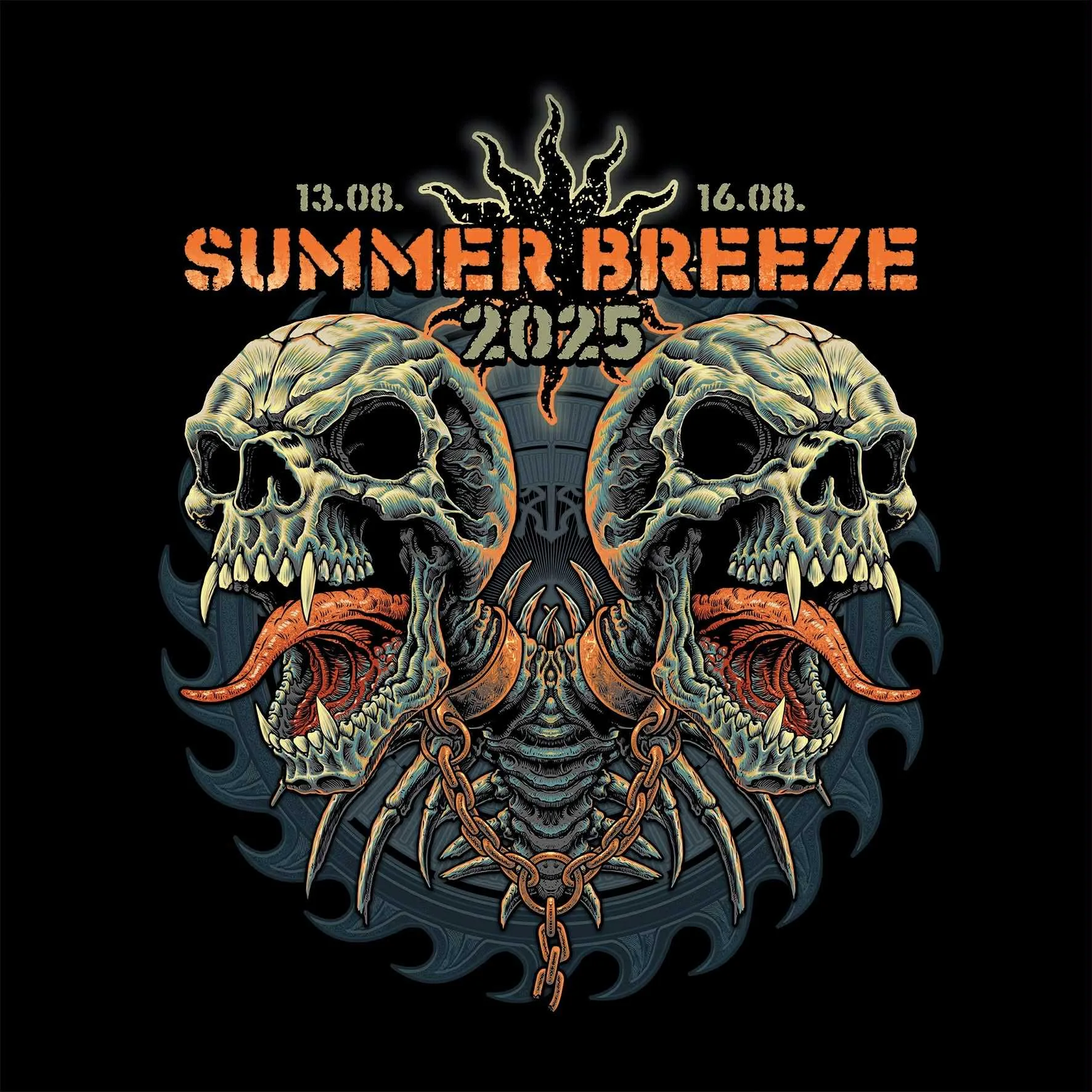



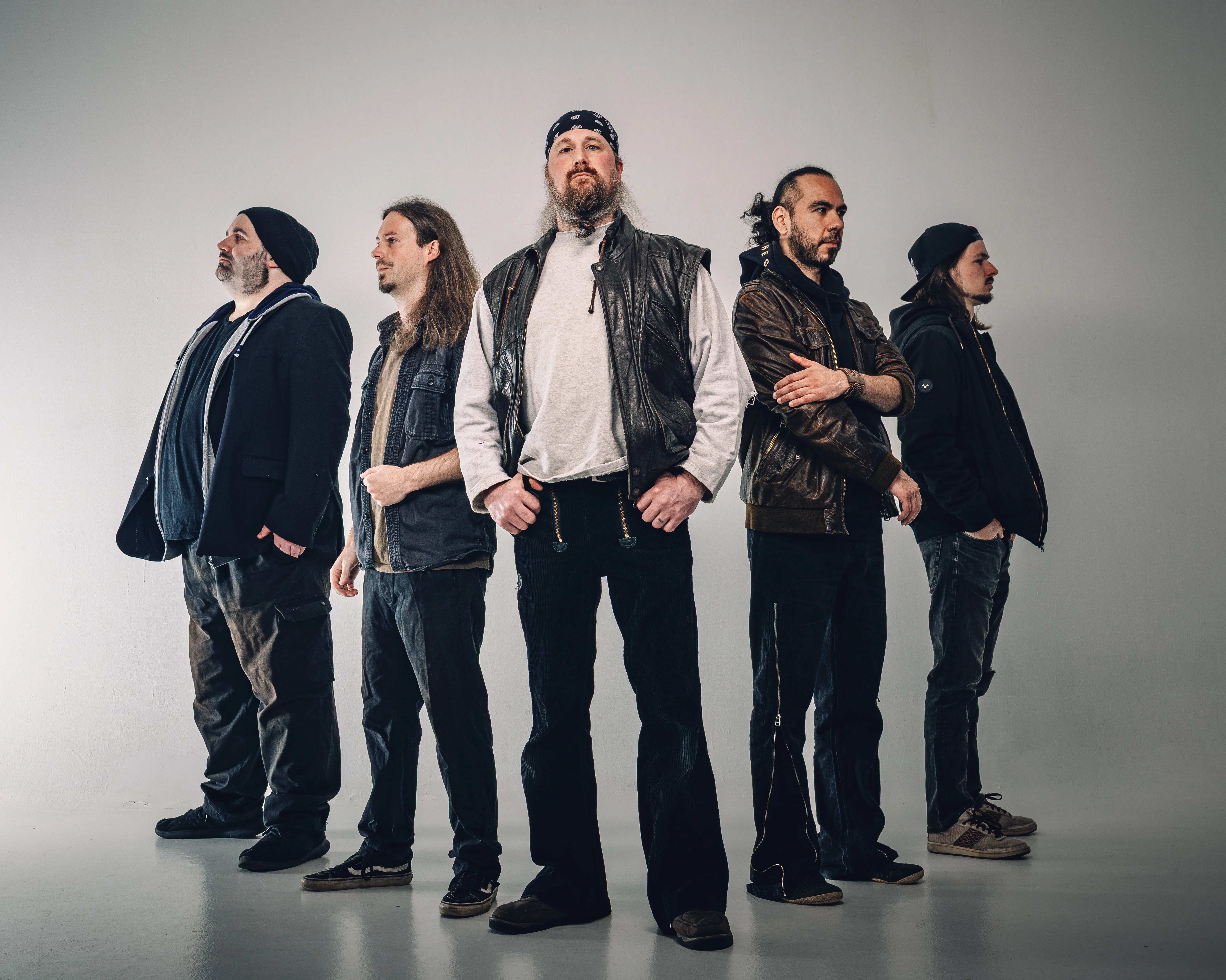

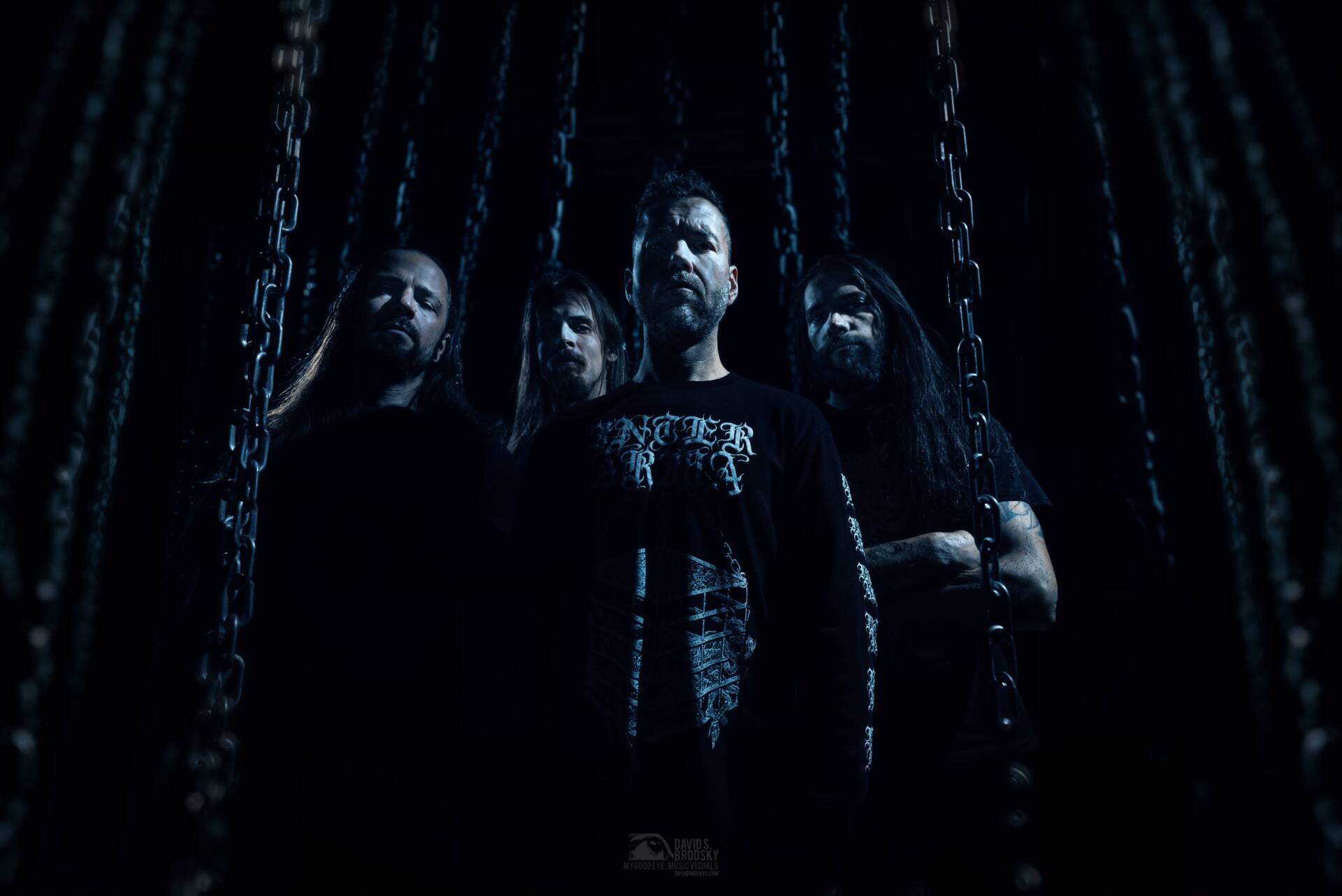

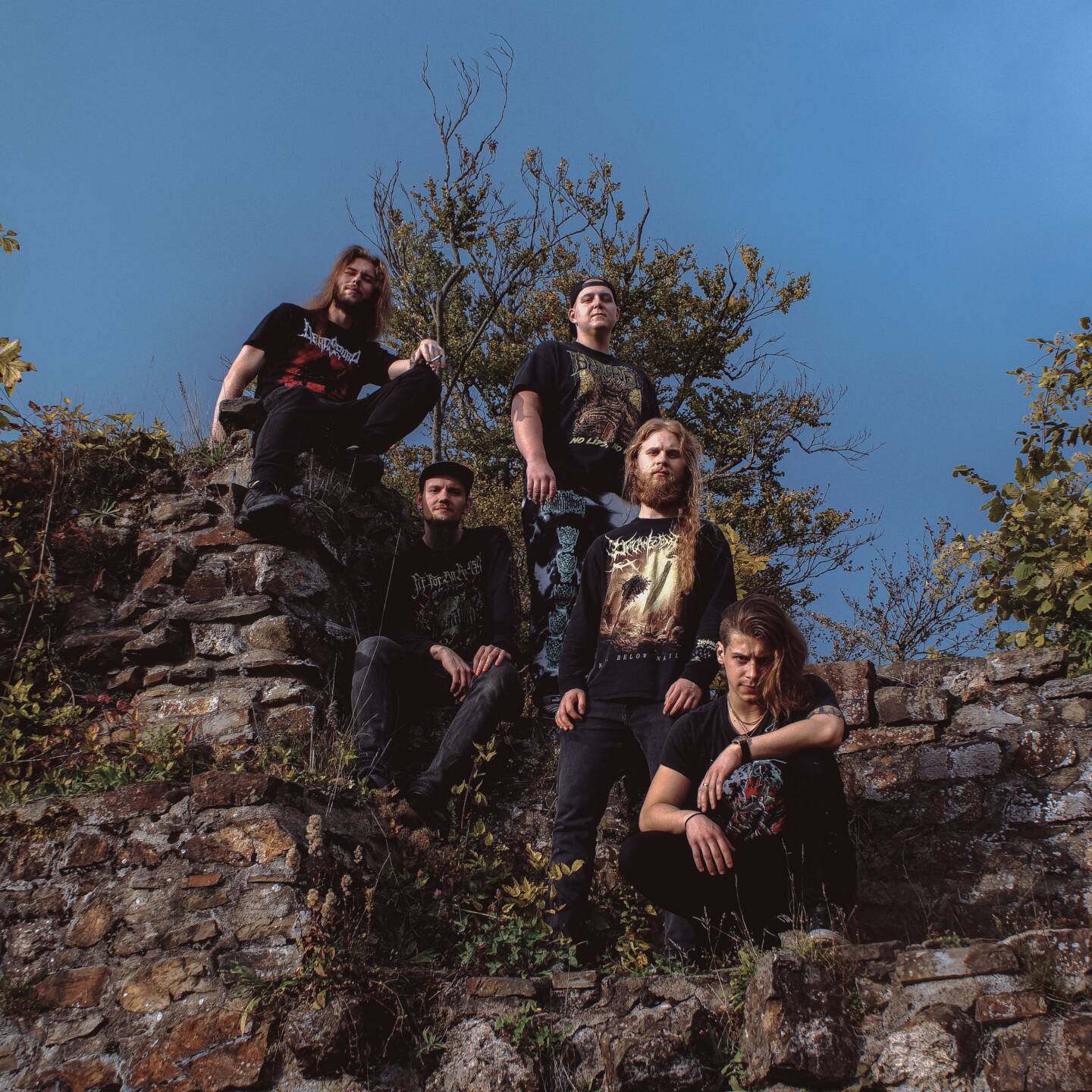
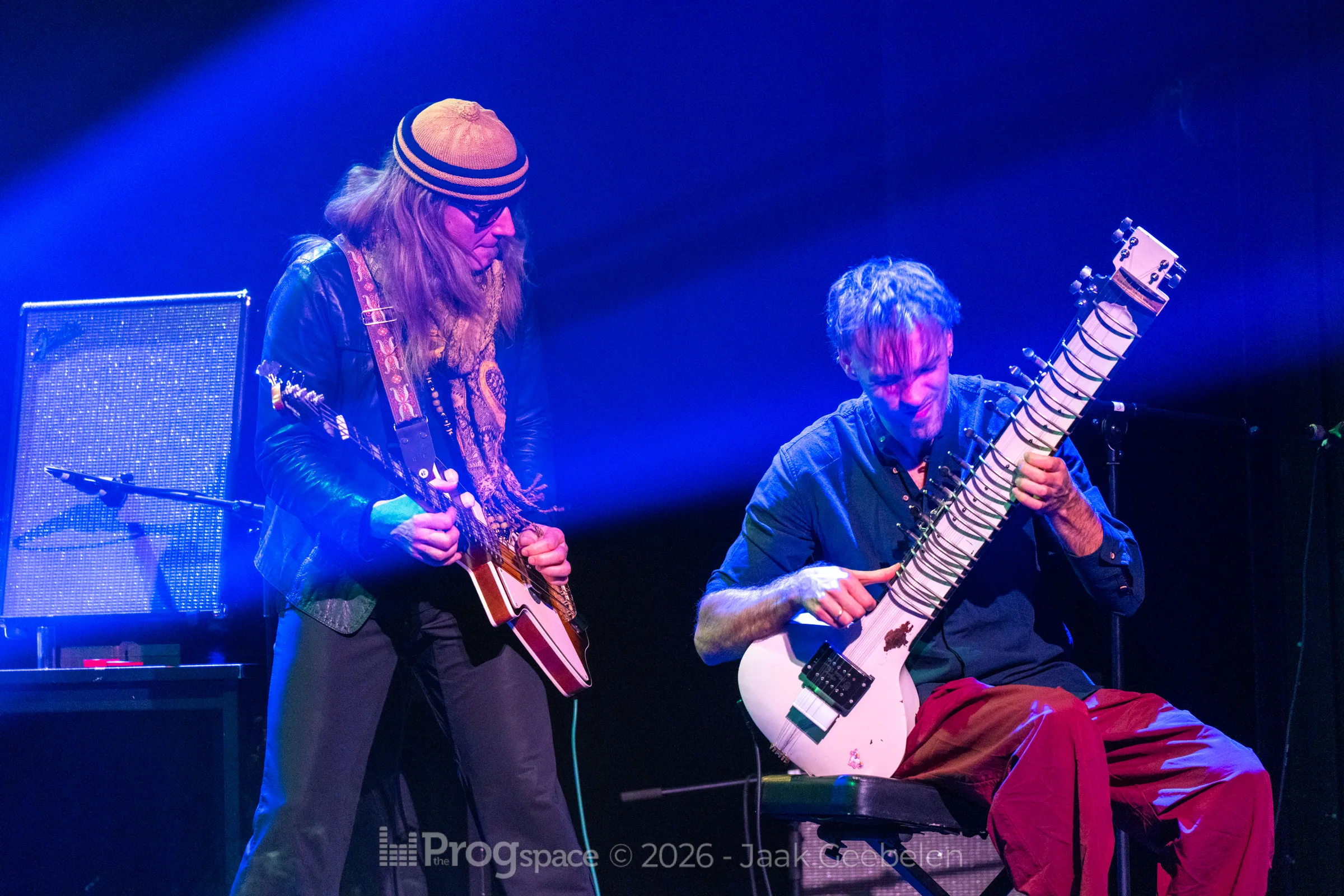
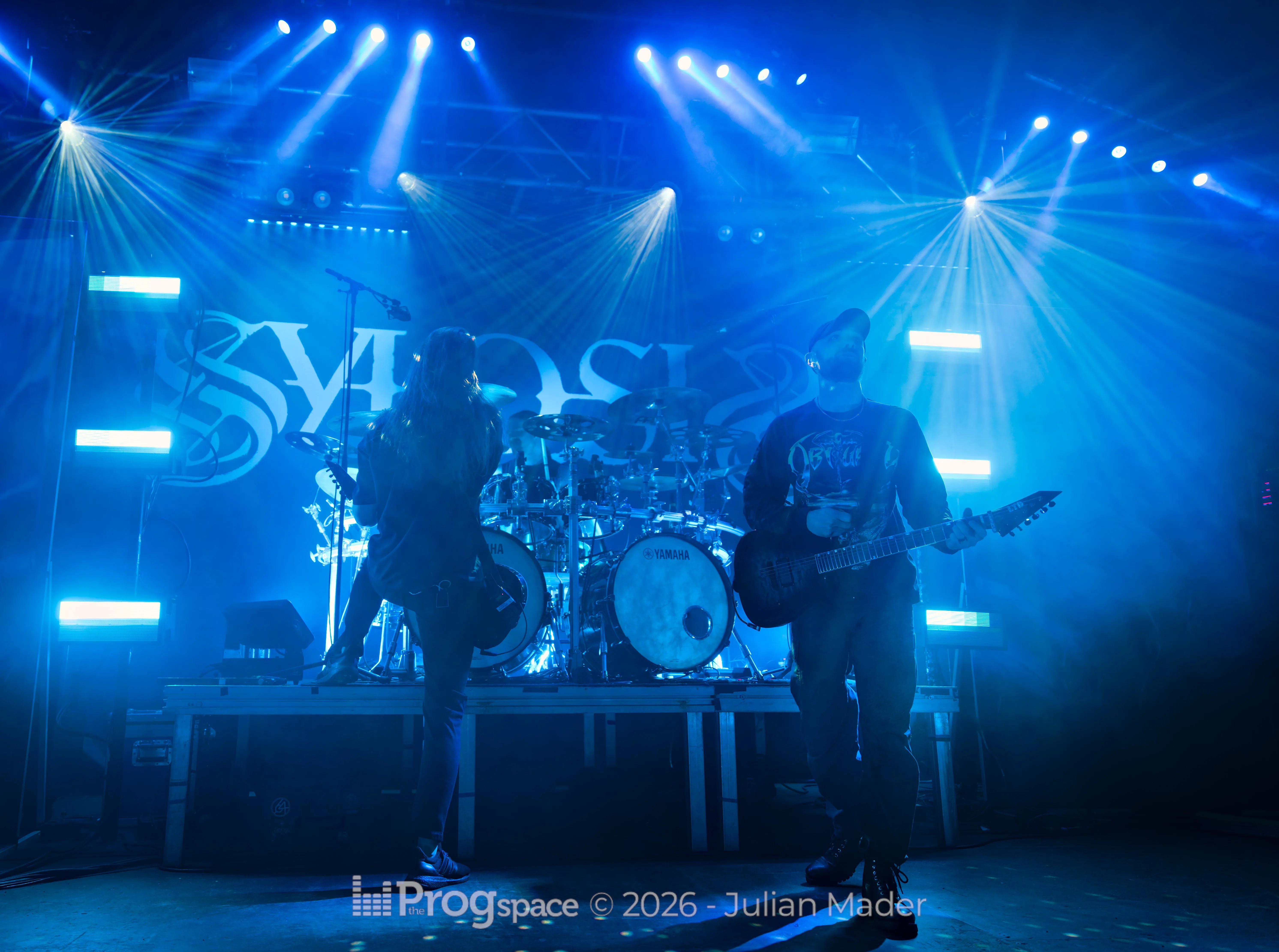


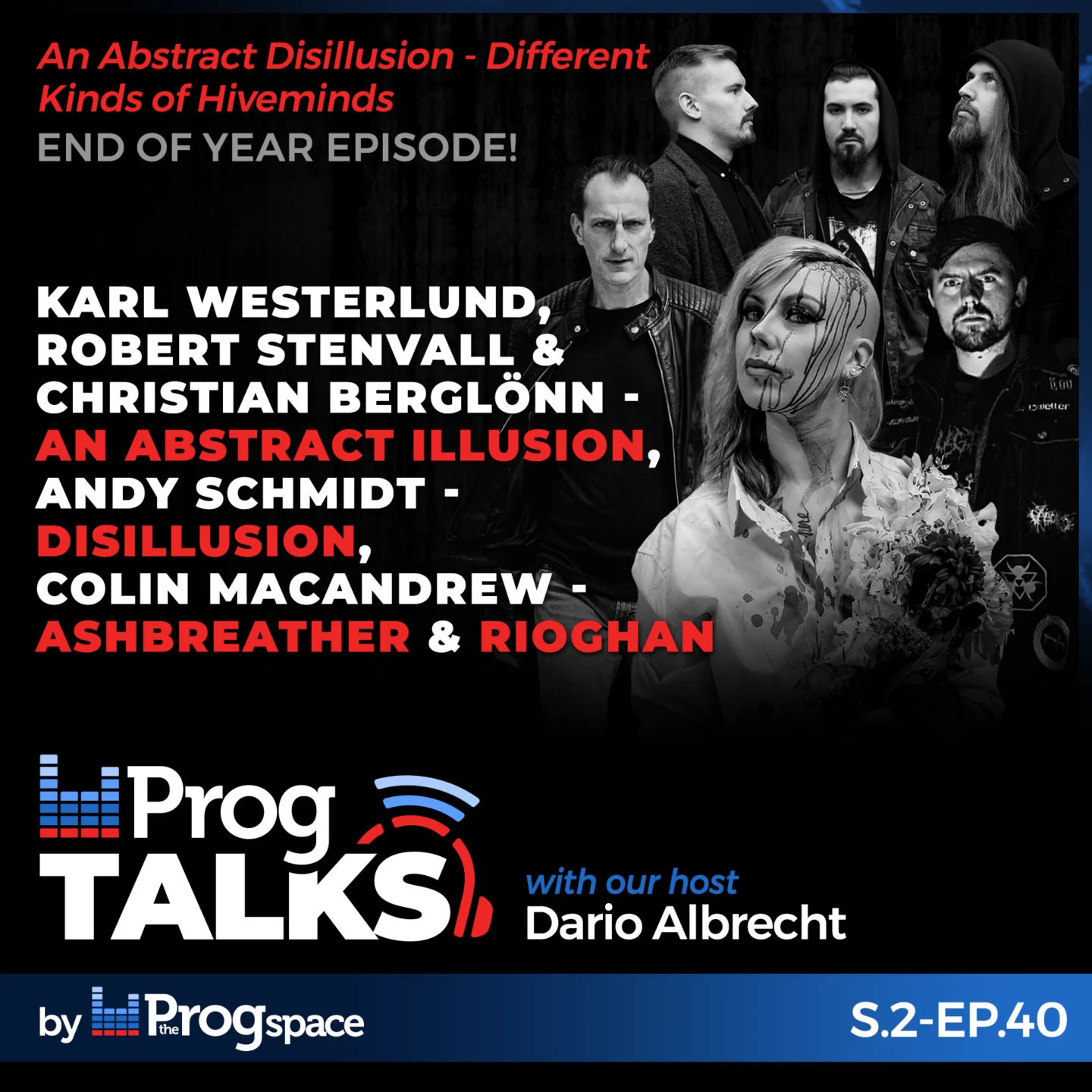
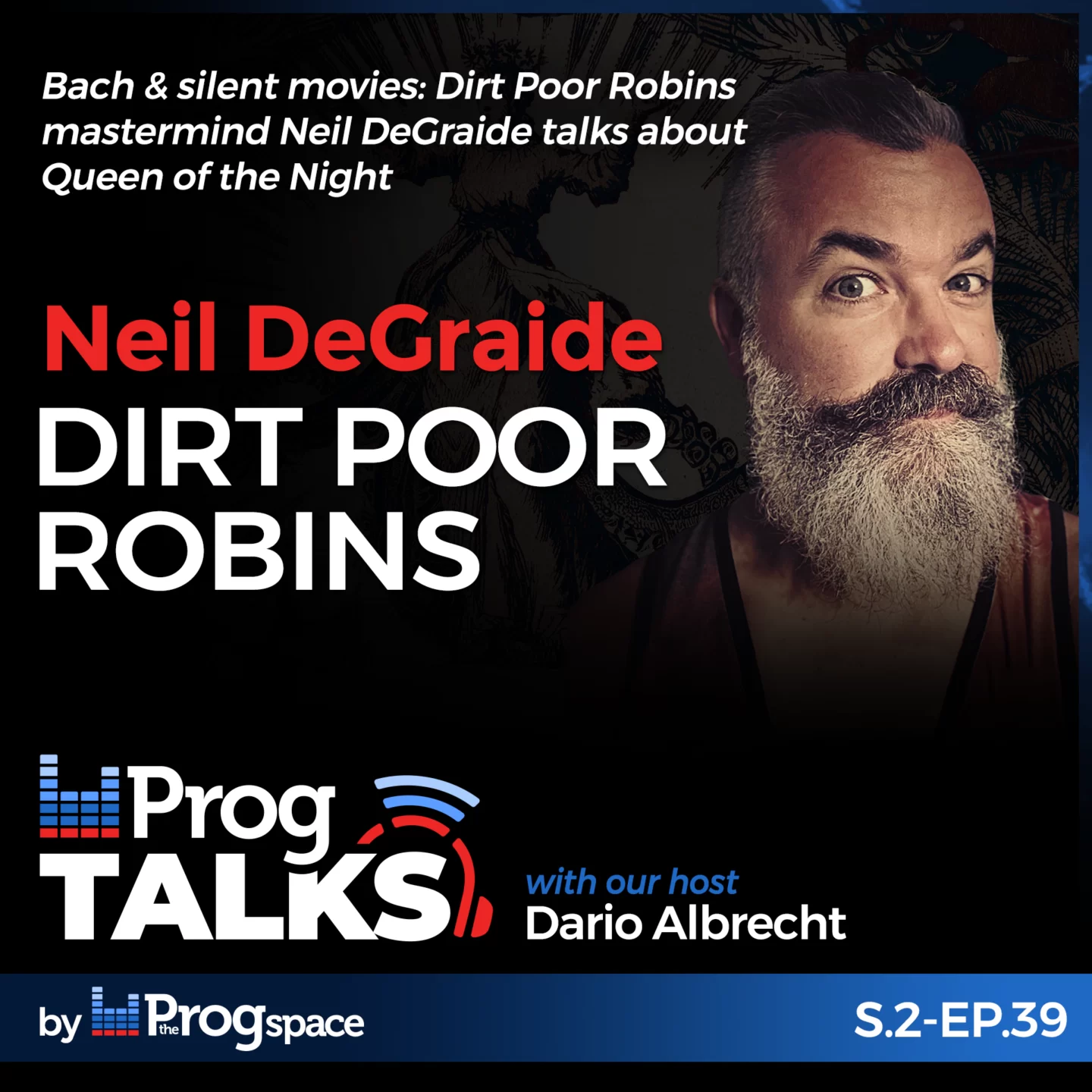

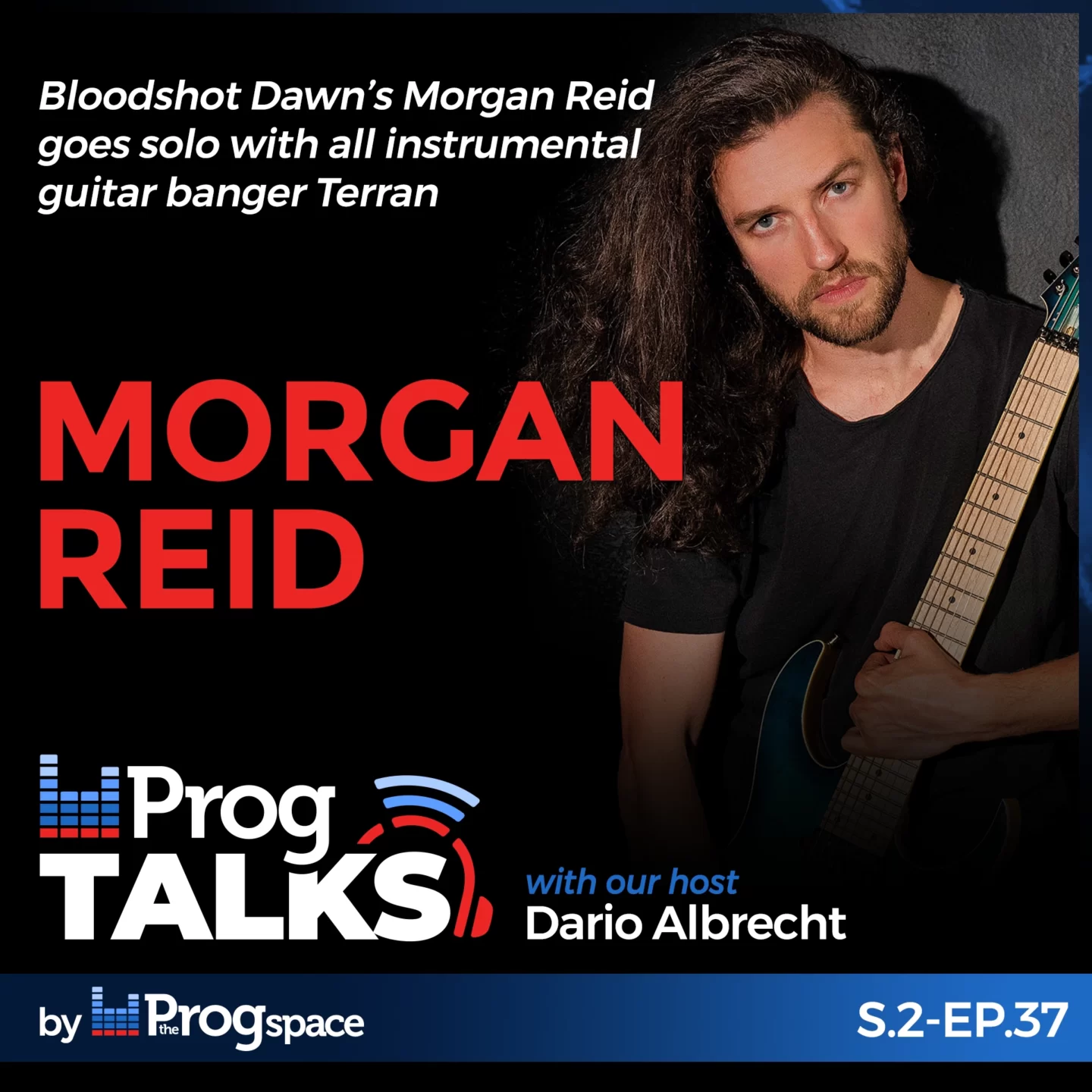


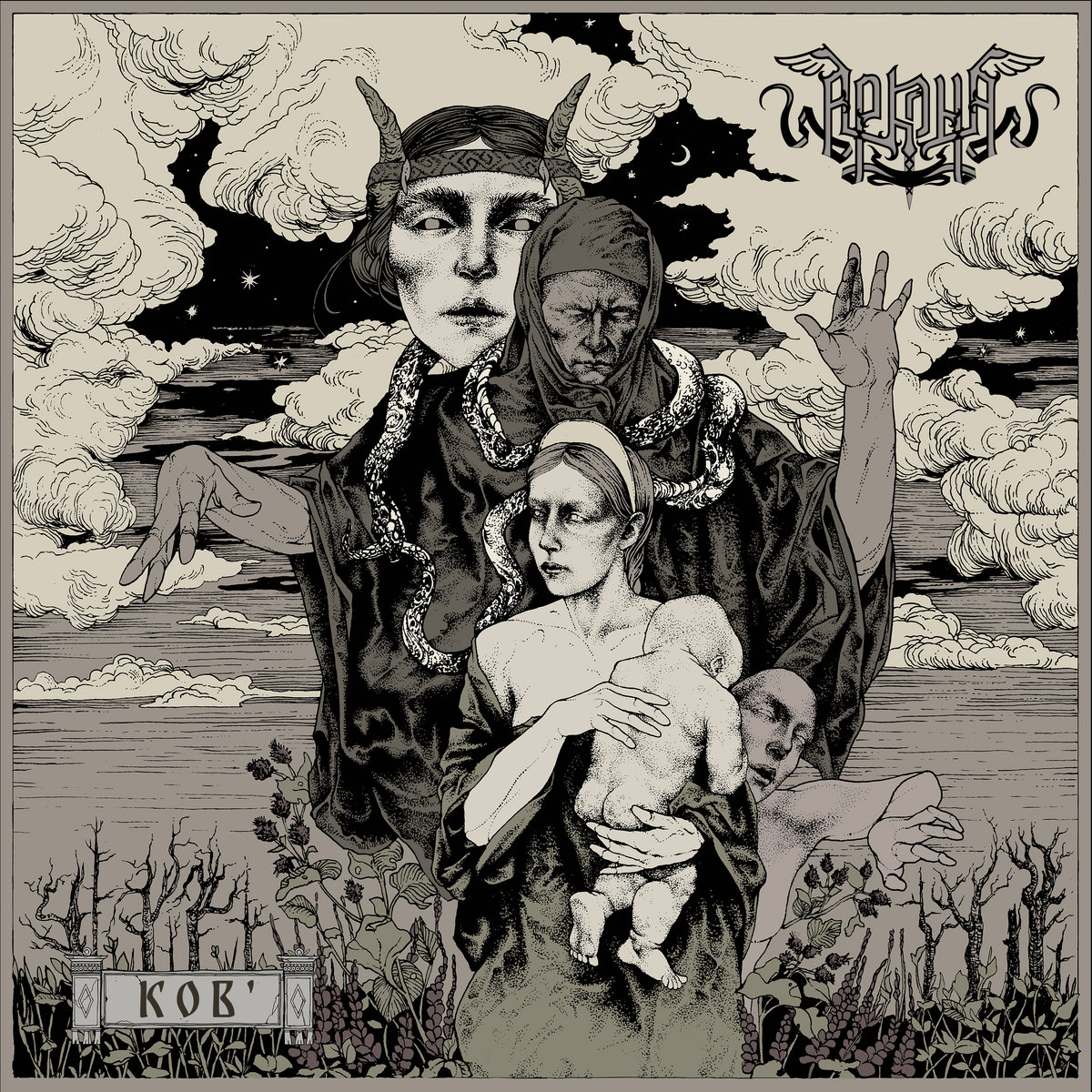
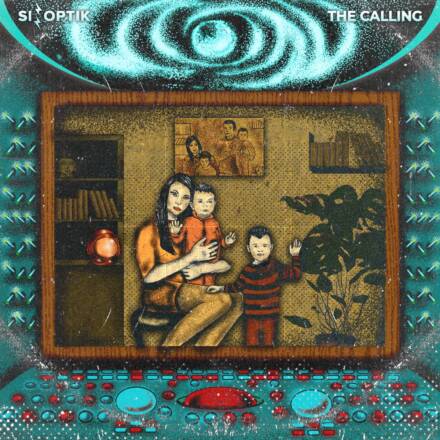

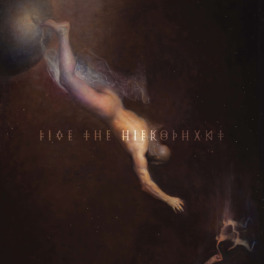
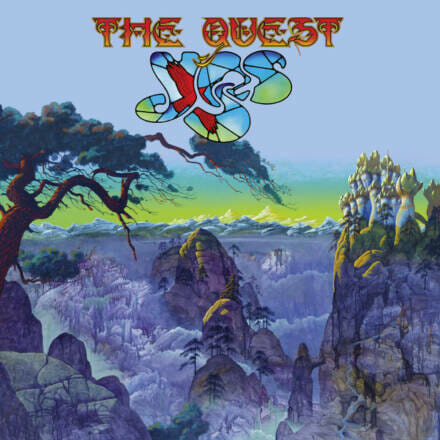


 We’re a group of Prog-lovers who started a journey to share with you our thoughts about albums, concerts, tours and festivals, the photo galleries of the Prog concerts we visit, as well interviews with upcoming or established musicians or prog-related people. Follow our Facebook page for frequent updates and news around the Progniverse.
We’re a group of Prog-lovers who started a journey to share with you our thoughts about albums, concerts, tours and festivals, the photo galleries of the Prog concerts we visit, as well interviews with upcoming or established musicians or prog-related people. Follow our Facebook page for frequent updates and news around the Progniverse.